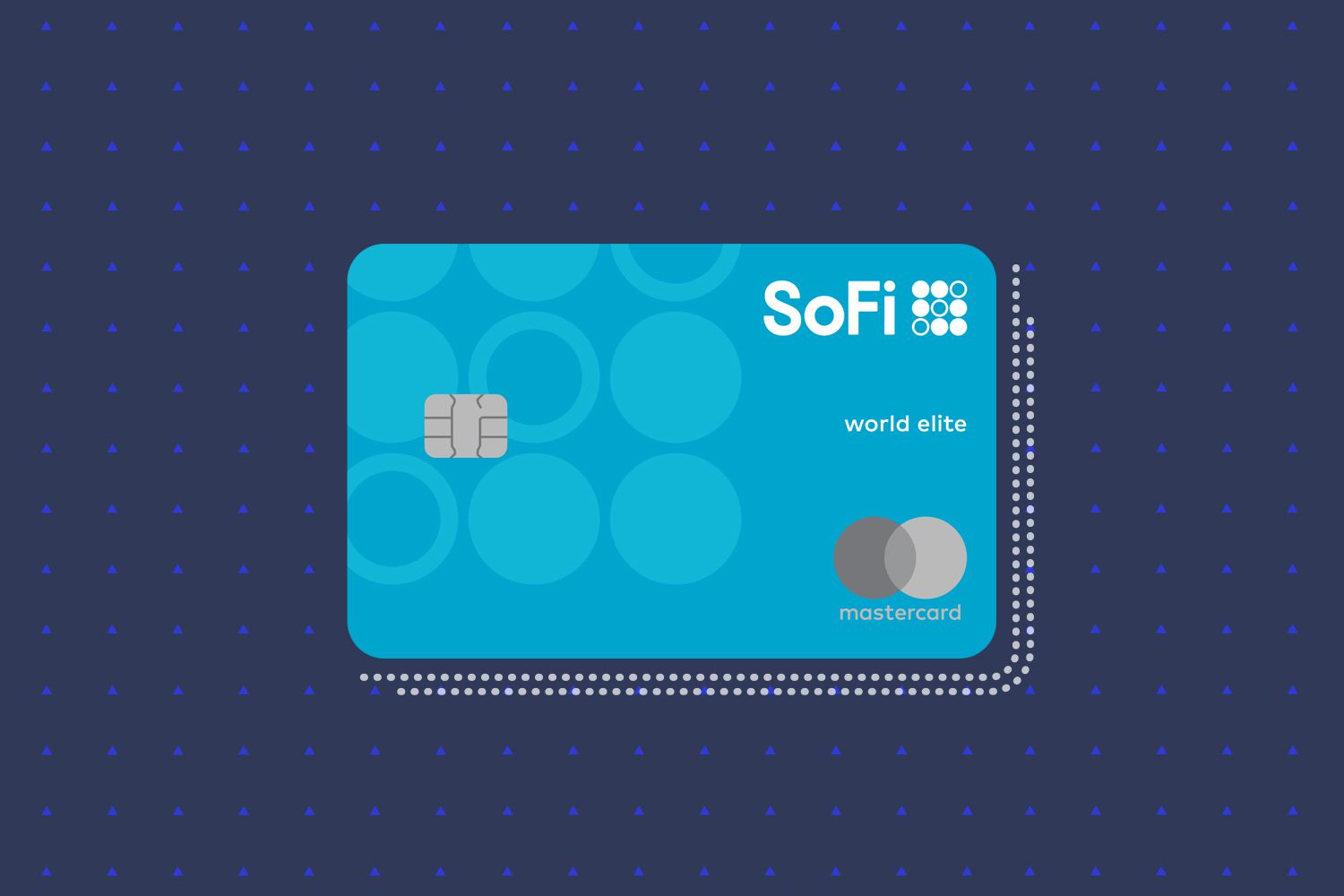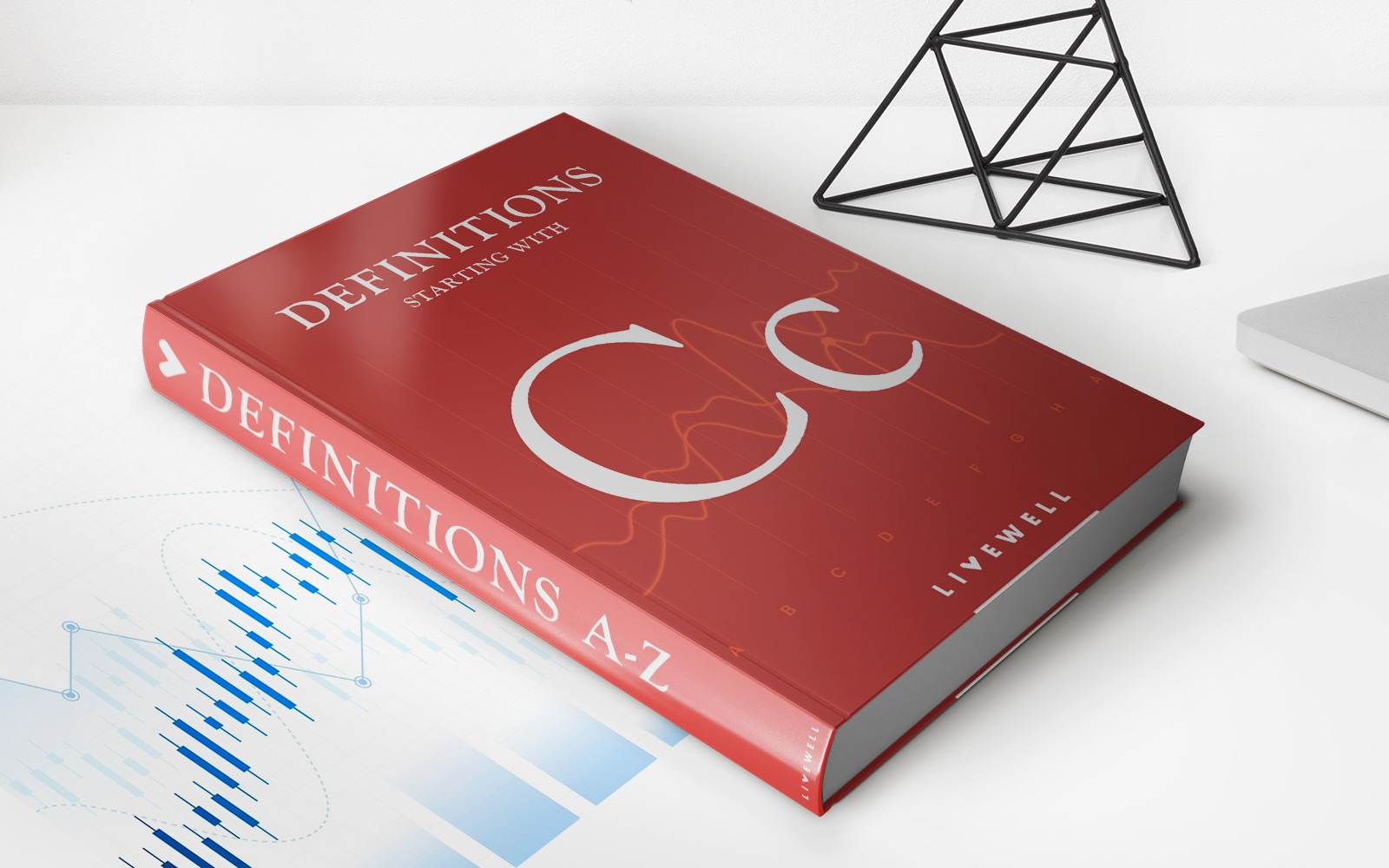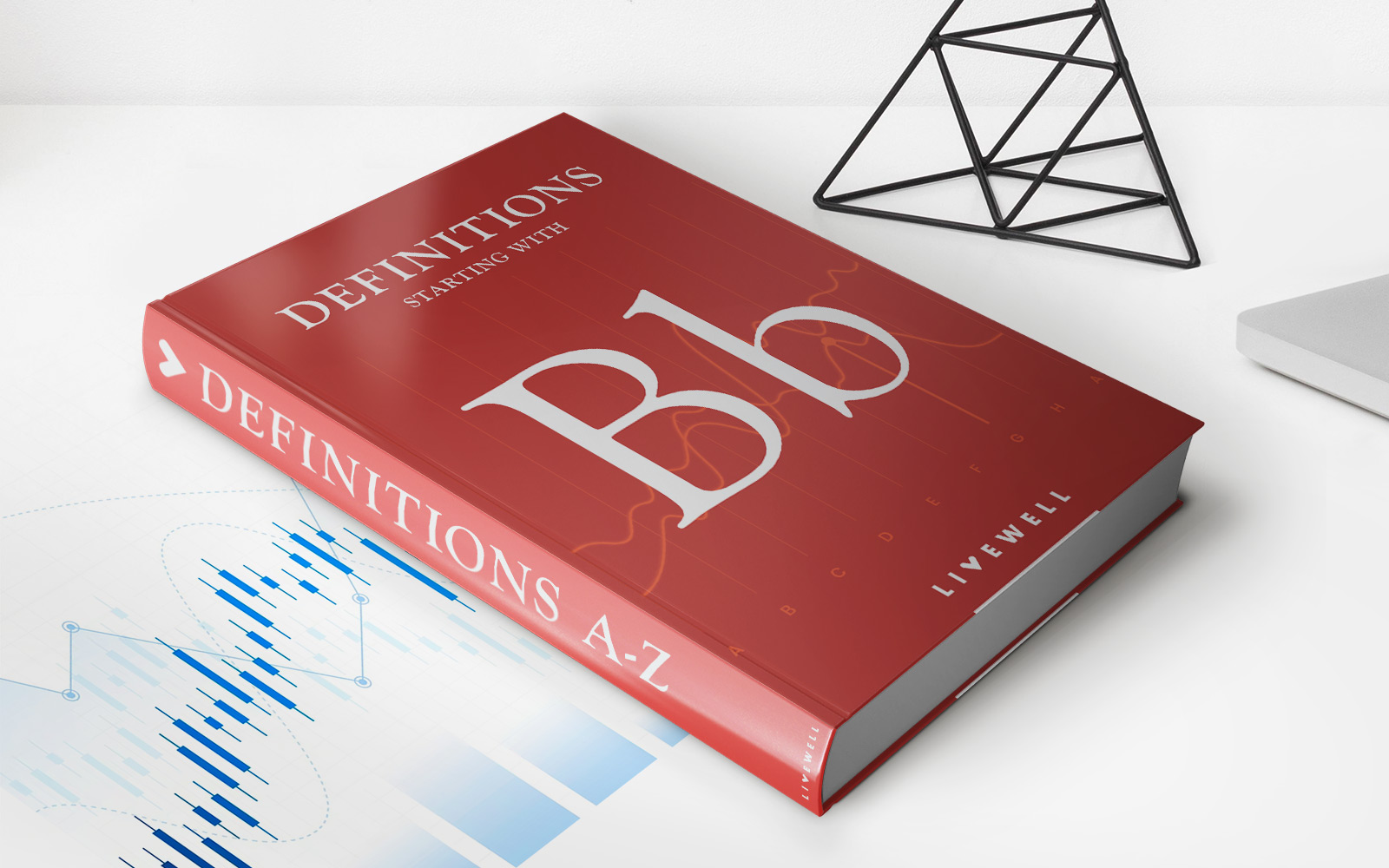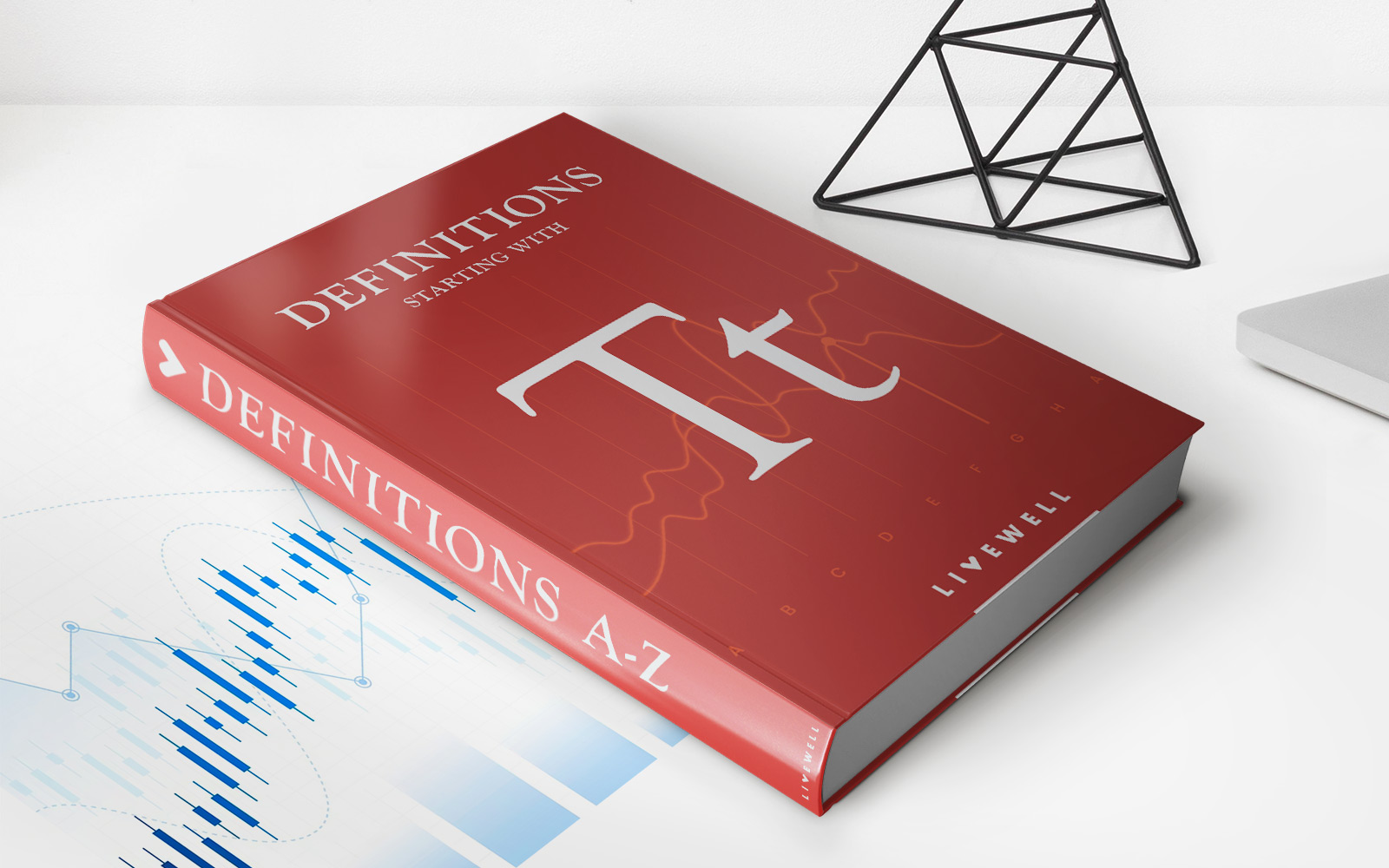

Finance
Who Does Discover Pull Credit From
Published: January 9, 2024
Discover pulls credit reports from various finance companies to determine creditworthiness. Find out who they pull credit from and what it means for your financial profile.
(Many of the links in this article redirect to a specific reviewed product. Your purchase of these products through affiliate links helps to generate commission for LiveWell, at no extra cost. Learn more)
Table of Contents
- Introduction
- Overview of Discover’s Credit Pulling Practices
- Application for Discover Credit Card
- Discover Personal Loan Application
- Discover Student Loan Application
- Discover Credit Scorecard
- Third-Party Credit Agencies Used by Discover
- Factors Considered by Discover in Credit Evaluation
- Handling of Credit Inquiries by Discover
- Conclusion
Introduction
When it comes to applying for credit, it’s important to understand how lenders evaluate your creditworthiness. One of the key factors in this evaluation process is pulling your credit report from one or more credit bureaus. Discover, a well-known financial institution, is no exception in this regard.
In this article, we will explore Discover’s credit pulling practices, shedding light on the various scenarios in which they may pull your credit. Whether you’re applying for a Discover credit card, personal loan, student loan, or utilizing their credit scorecard feature, we’ll provide insight into the process.
Understanding how Discover pulls credit can give you a clearer picture of how they evaluate your creditworthiness and make informed decisions regarding your applications. While the specific details may vary between different products and circumstances, a general understanding will help you navigate the credit application process more effectively.
So, without further ado, let’s dive into the world of Discover’s credit pulling practices and gain insights into how they assess creditworthiness.
Overview of Discover’s Credit Pulling Practices
Discover pulls credit reports from the three major credit bureaus: Experian, TransUnion, and Equifax. This is a standard practice for many lenders as it provides a comprehensive view of an applicant’s credit history and helps in making informed decisions.
When you apply for a Discover credit card, personal loan, or student loan, Discover will typically pull your credit report from at least one of these bureaus. The specific bureau that Discover pulls your credit from can vary depending on several factors, including your location and the product you are applying for.
It’s important to note that when Discover pulls your credit, it results in a hard inquiry on your credit report. While a single hard inquiry may not have a significant impact on your credit score, multiple inquiries within a short period can potentially lower your score. Therefore, it’s advisable to only apply for credit when necessary and avoid making multiple applications simultaneously.
In some cases, Discover may also obtain credit information from third-party credit agencies to supplement their evaluation process. These agencies provide additional data and insights that help Discover make more informed decisions about an applicant’s creditworthiness.
Understanding Discover’s credit pulling practices can help you be prepared when applying for credit. By being aware of the potential impact on your credit report and score, you can make informed decisions and ensure that your creditworthiness is accurately evaluated.
Application for Discover Credit Card
Applying for a Discover credit card is a straightforward process. To begin, you can visit the Discover website or call their customer service line to initiate the application. Discover offers a range of credit cards tailored to different needs, including cashback rewards, travel rewards, and student cards.
When you apply for a Discover credit card, you will be required to provide personal information, such as your name, address, social security number, and employment details. Discover will also request your consent to pull your credit report from one or more of the major credit bureaus to assess your creditworthiness.
During the application process, Discover will evaluate various factors to determine your eligibility for a credit card. This includes factors such as your credit history, income level, debt-to-income ratio, and any existing relationships you have with the bank.
It’s worth mentioning that Discover offers pre-approval options for their credit cards. This means that you can check if you are pre-approved for a particular card without a hard inquiry on your credit report. This feature can be helpful in gaining a better understanding of your chances of approval before submitting a full application.
Once you have filled out the application and provided the necessary information, Discover will review your application and make a decision. If approved, you will receive your new Discover credit card in the mail, along with the terms and conditions of use.
If your application is declined, Discover will provide you with the reason for the decision. It’s important to note that a rejection is not a reflection of your personal worth but may be due to various factors such as your credit history, income, or other financial obligations.
Regardless of the outcome, it’s always a good practice to review your credit reports regularly to ensure their accuracy and identify any areas for improvement. Monitoring your credit can help you make informed decisions and maintain a healthy credit profile.
Discover Personal Loan Application
If you are in need of extra funds for a major purchase, debt consolidation, or other financial needs, you may consider applying for a Discover personal loan. Discover offers personal loans with fixed interest rates and flexible repayment terms.
The application process for a Discover personal loan is generally straightforward. You can start the application by visiting the Discover website or calling their customer service line.
During the application process, you will be required to provide personal information, including your name, address, social security number, and employment details. Discover will also ask for information about the loan amount you are seeking and the purpose of the loan.
Discover will also evaluate your creditworthiness by pulling your credit report from one or more of the major credit bureaus. This credit inquiry will result in a hard inquiry on your credit report.
In addition to your credit history, Discover will also consider other factors when reviewing your personal loan application. These factors may include your income, debt-to-income ratio, and any existing relationships you have with the bank. It’s important to note that meeting the minimum eligibility criteria does not guarantee loan approval.
Once you have completed the application and provided the necessary information, Discover will review your application and make a decision. If approved, you will receive the loan terms, including the interest rate, repayment term, and monthly payment amount.
It’s important to carefully review the loan terms before accepting the offer. If you are satisfied with the terms, you can accept the loan agreement, and the funds will be disbursed to your designated bank account.
If your application is declined, Discover will provide you with the reason for the decision. Keep in mind that a rejection does not necessarily mean you are ineligible for personal loans from other lenders, and there may be alternative options available to you.
As with any loan application, it’s crucial to consider your financial situation and ensure you can comfortably manage the loan payments before proceeding. Borrowing responsibly and making timely payments can help you build a positive credit history and maintain financial stability.
Discover Student Loan Application
For students and their families seeking financial assistance to cover the costs of higher education, Discover offers student loans specifically designed for educational purposes. Applying for a Discover student loan can help bridge the gap between the cost of tuition and other education-related expenses.
The application process for a Discover student loan is simple and can be done online through the Discover website. To start, you will need to provide personal information, such as your name, address, social security number, and date of birth.
Discover will also ask for information regarding your educational institution, program of study, enrollment status, and the loan amount you are seeking. These details are important for evaluating your eligibility for the loan and determining the loan terms.
As part of the application process, Discover will pull your credit report from one or more of the major credit bureaus. This credit check will result in a hard inquiry on your credit report. However, it’s worth noting that Discover understands the unique circumstances of student loan borrowers and takes that into consideration during the evaluation process.
Discover offers both undergraduate and graduate student loans, each with different requirements and borrowing limits. Depending on your specific situation, Discover will assess factors such as your credit history, income, and other financial obligations to determine your eligibility and the interest rate applicable to your loan.
If you are an undergraduate student applying for a Discover student loan, you may not require a cosigner if you meet certain credit and income criteria. However, as a graduate or professional student, a cosigner may be necessary to qualify for the loan or secure more favorable terms.
Once you have completed the application and provided all the necessary information, Discover will review your application and make a decision. If approved, you will receive the loan offer, including the interest rate, repayment terms, and monthly payment amount.
It’s crucial to carefully review the loan terms before accepting the offer. You should consider factors such as the interest rate, repayment period, and any additional fees associated with the loan. Understanding all the terms and conditions will help you make an informed decision about accepting the loan.
If your application is declined, Discover will provide you with the reason for the decision. It’s important to note that a student loan denial does not mean you are ineligible for financial aid. There may be alternative funding options available, such as scholarships, grants, or federal student loans.
Before taking on any student loans, it’s essential to consider your long-term financial goals and evaluate your ability to repay the loan after graduation. Borrowing responsibly and exploring all available options can help you manage your educational expenses effectively.
Discover Credit Scorecard
Discover offers a valuable tool known as the Discover Credit Scorecard, designed to provide individuals with a free and easy way to access their credit score. This service is available to both Discover customers and non-customers alike.
The Discover Credit Scorecard allows you to view your FICO® Credit Score, which is one of the most widely used credit scoring models by lenders. This score provides insight into your creditworthiness and is a key factor in determining your eligibility for loans, credit cards, and other financial products.
To access the Discover Credit Scorecard, simply visit the Discover website and sign up for a free account. You will need to provide some basic personal information to verify your identity. Once you’re registered, you can access your credit score, which is updated on a monthly basis.
In addition to your credit score, Discover Credit Scorecard provides helpful information about the factors that influence your score. This includes details about your payment history, credit utilization, length of credit history, types of credit used, and recent credit inquiries.
Discover also offers a Credit Score Simulator through their Scorecard. This tool allows you to experiment with various financial scenarios, such as paying off a credit card balance or opening a new line of credit, to see how these actions can potentially impact your credit score.
While the Discover Credit Scorecard provides valuable information and insights, it’s important to note that it may not be the same score used by lenders when making credit decisions. Lenders may use different credit scoring models or consider additional factors specific to their lending criteria.
Nevertheless, the Discover Credit Scorecard serves as an excellent tool for monitoring your credit health and understanding how your financial decisions can affect your credit score. This knowledge empowers you to make more informed decisions about managing your credit and finances.
It’s worth mentioning that several other financial institutions and credit monitoring services also offer similar tools to access your credit score. Exploring these options allows you to compare and gain a comprehensive understanding of your creditworthiness.
Utilizing the Discover Credit Scorecard and regularly monitoring your credit can help you stay on top of your financial well-being and make necessary adjustments to improve your credit standing. It’s an essential step in managing your personal finances and working towards your financial goals.
Third-Party Credit Agencies Used by Discover
When assessing an applicant’s creditworthiness, Discover may utilize the services of third-party credit agencies to gather additional information and insights. These credit agencies collect and analyze data from various sources to provide a more comprehensive view of an individual’s financial history. While specific third-party credit agencies used by Discover may vary, some commonly known agencies include Experian, Equifax, and TransUnion.
Discover collaborates with these credit agencies to obtain credit reports, which include information about an individual’s credit accounts, payment history, outstanding balances, and any delinquencies. These reports help Discover make more informed decisions when evaluating credit applications.
In addition to the major credit bureaus, Discover may also work with other specialized agencies that focus on specific aspects of credit evaluation. These agencies may provide data related to factors such as alternative credit scoring, employment history, income verification, or fraud detection. By leveraging the expertise and resources of these third-party agencies, Discover gains a more comprehensive understanding of an applicant’s creditworthiness.
It’s important to note that the usage of third-party credit agencies is a common practice among lenders and financial institutions. These agencies follow strict guidelines and regulations to ensure the privacy and security of the data they collect.
Discover understands the significance of data security and prioritizes the protection of customer information. They work closely with these credit agencies to establish secure data transfer protocols and maintain compliance with industry standards, including those mandated by the Fair Credit Reporting Act (FCRA).
While a credit inquiry from Discover or the third-party credit agencies used may result in a temporary impact on your credit score, it’s crucial to remember that credit inquiries are just one component of the credit evaluation process. Other factors, such as your credit history, payment behavior, and debt-to-income ratio, carry significant weight in determining creditworthiness.
Monitoring your credit report regularly and ensuring its accuracy can help you stay informed about the information being reported to credit agencies. By reviewing your credit reports, you can identify any potential errors or discrepancies that could impact your creditworthiness. If you notice any inaccuracies, it’s important to address them promptly by contacting the relevant credit reporting agencies.
Overall, the utilization of third-party credit agencies by Discover is a standard industry practice aimed at ensuring fair and accurate credit evaluations. These partnerships enable Discover to make well-informed decisions when evaluating credit applications and provide customers with suitable financial products tailored to their needs.
Factors Considered by Discover in Credit Evaluation
When evaluating credit applications, Discover takes into account several key factors to assess an applicant’s creditworthiness. These factors provide insights into an individual’s financial history and help determine their ability to manage credit responsibly. While the exact weight placed on each factor may vary, here are some common factors that Discover considers during the credit evaluation process:
- Credit History: Discover examines an applicant’s credit history, including their payment behavior, length of credit history, and any delinquencies or defaults. A positive credit history with a consistent record of timely payments generally reflects responsible credit management.
- Income and Employment: Discover evaluates an applicant’s income level and employment status to ensure they have sufficient financial resources to meet their credit obligations. A stable income source is generally seen as a positive indication of repayment ability.
- Debt-to-Income Ratio: Discover considers an applicant’s debt-to-income ratio, which compares their monthly debt payments to their monthly income. A lower ratio indicates a lower level of debt burden, which is generally viewed more favorably.
- Public Records: Discover reviews public records, such as bankruptcies, tax liens, or collection accounts, that may impact an applicant’s creditworthiness. Negative public records can significantly affect credit decisions.
- Recent Credit Inquiries: Discover takes into account the number and frequency of recent credit inquiries made by an applicant. Multiple inquiries within a short period may indicate a higher risk of overextending credit or financial instability.
- Existing Relationships with Discover: Discover may consider an applicant’s existing relationship with the institution, such as being an existing credit cardholder or having an established banking relationship. Positive history with Discover can contribute to favorable credit evaluations.
It’s important to note that these factors are not exclusive, and Discover may also consider other relevant information specific to individual applications. Additionally, Discover evaluates each application holistically, taking into account the overall credit profile and the specific requirements of the product being applied for.
Understanding the factors considered by Discover in credit evaluation can help applicants prepare and take necessary steps to improve their creditworthiness before applying. It’s advisable to review your credit reports regularly, make timely payments, maintain a healthy debt-to-income ratio, and address any negative items that may be impacting your credit.
Ultimately, responsible credit management, including maintaining a positive payment history and managing debt responsibly, can increase the likelihood of approval and favorable terms when applying for credit with Discover or any other financial institution.
Handling of Credit Inquiries by Discover
When it comes to credit inquiries, Discover has a specific approach that outlines how they handle the process. Credit inquiries occur when a lender or financial institution requests access to an individual’s credit report to evaluate their creditworthiness. Discover understands the importance of credit inquiries and takes specific measures to ensure a fair and transparent evaluation process. Here’s how Discover handles credit inquiries:
1. Soft Inquiries: Discover utilizes soft inquiries for pre-approval checks and to provide customers with access to their credit score through services like the Discover Credit Scorecard. Soft inquiries do not have any impact on an individual’s credit score and are solely for informational purposes.
2. Hard Inquiries: When an individual applies for a Discover credit card, personal loan, or other forms of credit, Discover may initiate a hard inquiry to pull their credit report from one or more credit bureaus. A hard inquiry results in a temporary decrease in the individual’s credit score, typically by a few points, and is recorded in their credit history.
3. Fair Credit Evaluation: Discover takes into account the presence of multiple credit inquiries within a short period when evaluating an applicant’s creditworthiness. They understand that individuals may want to explore different credit options before making a final decision. As such, they typically group similar inquiries made within a certain timeframe and consider them as a single inquiry when calculating the impact on the credit score.
4. Impact on Credit Score: While hard inquiries generally lead to a temporary decrease in an individual’s credit score, their impact is relatively small compared to other factors, such as payment history and credit utilization. As time passes, the effect of hard inquiries diminishes, and the credit score rebounds to its previous levels as long as the applicant practices responsible credit behavior.
5. Monitoring and Education: Discover encourages customers to monitor their credit reports regularly by providing access to the Discover Credit Scorecard. This tool allows individuals to track changes in their credit score and gain a better understanding of how different financial actions can impact their creditworthiness. Discover also provides educational resources to help customers make informed credit decisions and maintain a healthy credit profile.
By following these practices, Discover ensures that credit inquiries are handled fairly and transparently. They aim to provide individuals with an accurate assessment of their creditworthiness while minimizing any negative impact on their credit score.
It’s important for individuals to be mindful of the number of credit inquiries they initiate within a specific time frame. While one or two inquiries may have a minimal effect, multiple inquiries made within a short period could potentially raise concerns for lenders. It’s advisable to research and compare credit options before submitting multiple applications, as this can help minimize the number of inquiries generated.
Overall, Discover strives to maintain a balance between conducting thorough credit evaluations and respecting the impact of credit inquiries on individuals’ credit scores. By understanding Discover’s approach to credit inquiries, applicants can be better prepared to manage their credit and make responsible decisions when seeking credit products from Discover or other lenders.
Conclusion
Discover’s credit pulling practices play a crucial role in evaluating creditworthiness for various financial products, including credit cards, personal loans, and student loans. By understanding how Discover handles credit inquiries and evaluates different factors, individuals can be better prepared when applying for credit and make informed decisions to manage their financial well-being.
Discover pulls credit reports from the major credit bureaus, such as Experian, TransUnion, and Equifax, to assess an applicant’s credit history and determine their creditworthiness. They may also collaborate with third-party credit agencies to gather additional information and insights during the evaluation process. This comprehensive evaluation helps Discover make informed decisions tailored to each individual’s financial situation.
When applying for a Discover credit card, personal loan, or student loan, individuals need to provide personal information and consent to a credit check. Discover evaluates various factors, including credit history, income, employment, debt-to-income ratio, and existing relationships with the bank. These factors, along with the specific requirements of each product, guide the credit evaluation process.
Discover’s Credit Scorecard offers a valuable resource for individuals to access their credit score, understand the factors affecting their score, and simulate different financial scenarios. Monitoring credit reports and actively managing credit can contribute to maintaining a healthy credit profile.
Discover handles credit inquiries fairly by distinguishing between soft inquiries, which have no impact on credit scores, and hard inquiries, which have a temporary effect. Discover also takes into account the presence of multiple inquiries grouped within a specific time frame to minimize the impact on credit scores. By educating customers and providing tools to monitor credit health, Discover empowers individuals to make wise financial decisions and build a solid credit foundation.
In conclusion, understanding Discover’s credit pulling practices and the factors considered in credit evaluations allows individuals to navigate the credit application process more effectively. By maintaining responsible credit behavior, monitoring credit reports, and making informed financial decisions, individuals can enhance their creditworthiness and secure favorable terms when applying for credit products with Discover or any other lender.














